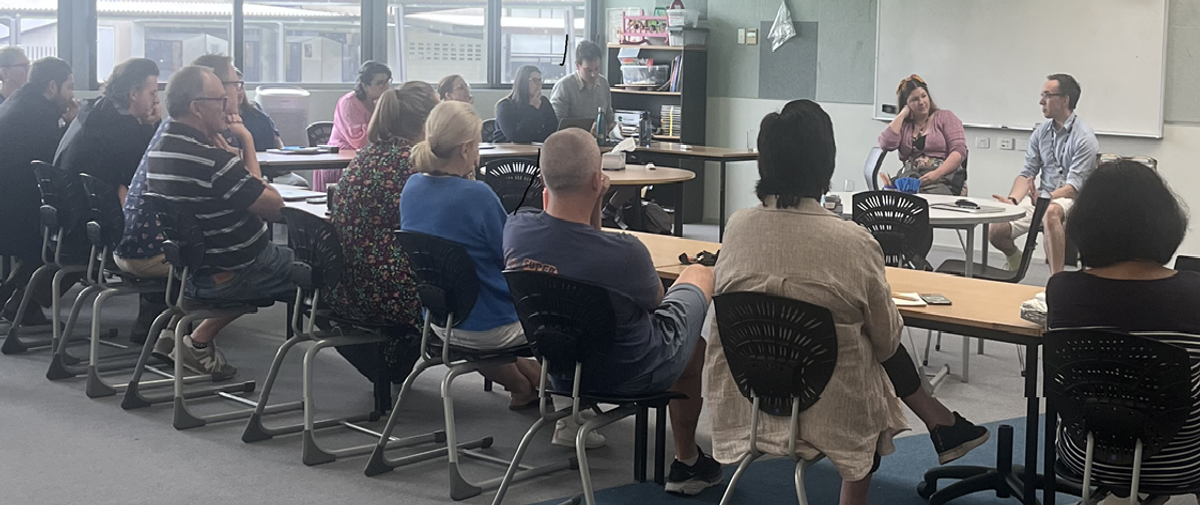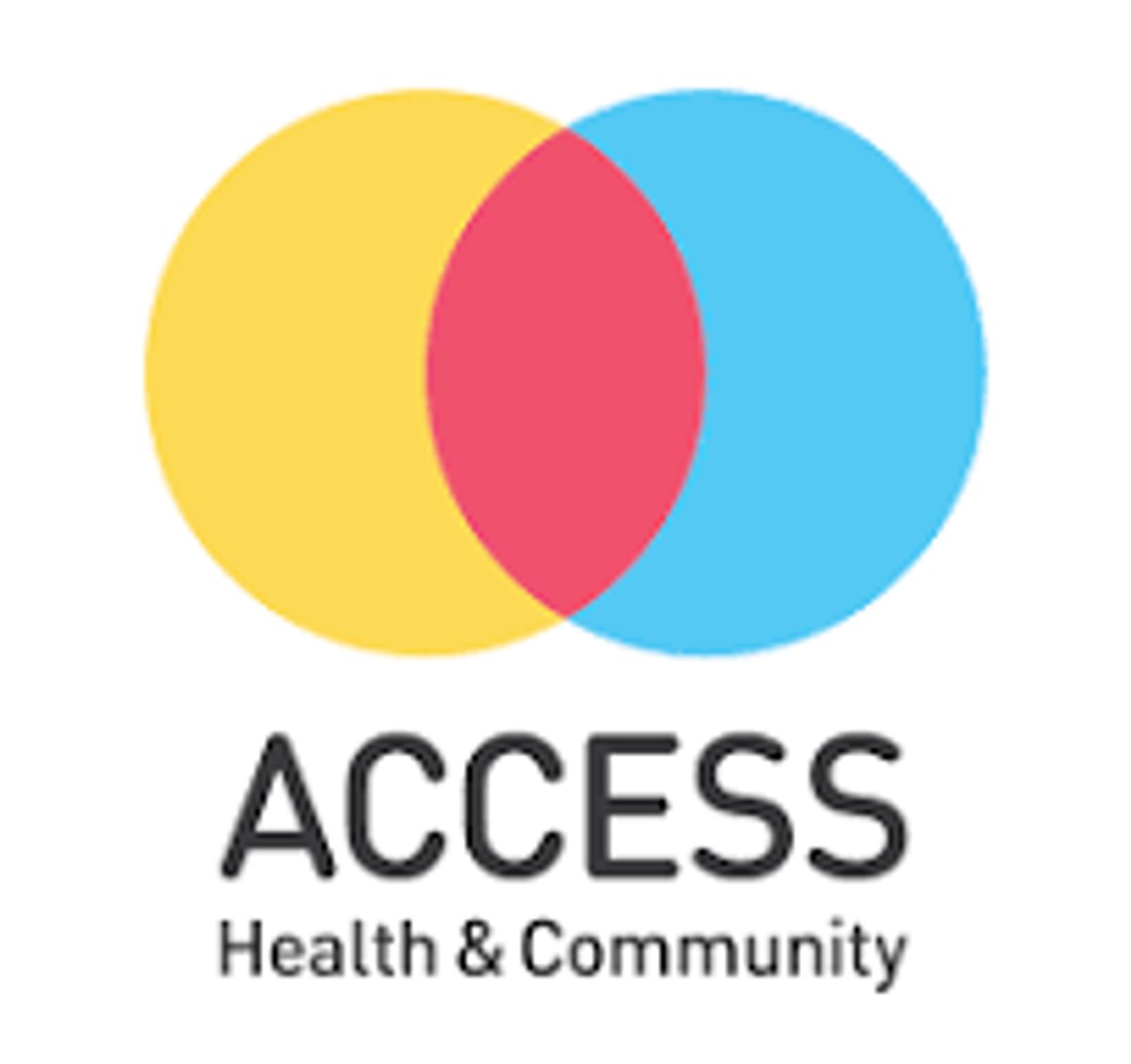Adolescent Health Nurse
Fiona Keech

Adolescent Health Nurse
Fiona Keech
Finishing secondary school is an important life achievement and change for all students. Regardless of personal success and circumstances it is helpful to realise that enrolling in a tertiary education setting is new and different for every student. Everyone needs support in some way, that’s why institutions offer extensive orientation programs for all new students. For students whose brain’s work differently from the “neuro typical” person the need for transitional supports can be a little more complex and therefore may need additional planning.
While this information is general and aimed to specifically support neuro diverse students, some of the material and strategies will assist with making post-secondary school transition easier for all students.
Specific tertiary institution policies and student support services contacts can be found on their websites or portals within the website.
WHAT CAN HELP?
There are a number of things that can be helpful and include the following:
Before enrolling, attend open days to help familiarise yourself with the environment and see what supports are available for your specific needs
Speak to someone from the student support services at the tertiary institution about your needs before classes begin
Check the campus website map and work out what the best transport options
E.g. What are the parking restrictions?
Which public transport route works best?
If someone is driving you, where is the best pick up & drop off point?
Check the campus website map and work out where your specific facility is and how to get there. This is where most of your lectures / tutorials will be
Attend orientation, especially activities that tell you about using the library, accessing the computer system and other special services that are available
Register for subjects (courses) prior to the first day of class
Visit the campus over holidays when it is quiet and orientate yourself with its layout
E.g. Library, tutorial rooms, lecture theatres, cafés etc.
Attend transition/bridging courses if they are offered
Create an ‘action plan’ and develop some strategies to deal with scenarios / challenges that may occur
Enquire if the institution has a student leader program and sign up if they do
These are experienced students who help you explore the campus, connect you with support services and provide you with advice about tertiary life.
Orientation is an important period for first time tertiary students. Although, it can feel quite stressful and overwhelming it's a great idea to attend to get familiar with the campus environment, student services and to meet other students. It is highly recommended that you speak to someone from the student support unit before and, or during orientation about what they can do to help you succeed in your education. Check the institution’s website for more information on orientation events recommended so that you can speak to someone from the student support unit, before or during orientation, about what they can do to help you succeed in your education.
Here are some words used at tertiary institutions. It will be very useful to learn these words because it will help you understand what other students and teachers are saying.
Campus: The grounds and buildings of a tertiary institution.
Faculty: An organisational division within a university (e.g. Faculty of Arts, Faculty of Science) covering a particular area of study.
Lecture: A lecture is a formal presentation by an academic staff member at university, usually to a large number of students. Lectures may include the use of handouts and audio-visual presentations. Opportunities for asking questions or discussing the material being presented are usually limited.
Tutorial: A tutorial is a learning opportunity in which students discuss the key topics, concepts, and ideas of the course with their tutors. Tutorials are closely linked to assessment and often involve small group discussions and group work. All students are expected to prepare for tutorials by reading required material and preparing questions and/or answers to questions. Students are also expected to participate in class discussions and small group activities. Tutorials often complement the lectures given for a course and usually run for one or two hours.
Course: Depending on the institution, course could mean one of two things:
1) the degree or diploma you are enrolled in or
2) another name for subject.
Contact hours or contact time: The number of hours per week a student spends in class (classes include tutorials, lectures, workshops, and practical sessions).


Keeping up with young people and their current trends and behaviours can be a challenge, especially around the topic of substance use. To promote accurate AOD knowledge SSSC invited Hayden Witting and Amber McCarthy, the AOD youth clinicians from Access Health to educate staff.
Topics covered included:


Overview of current young people recreational AOD behaviours and risks
Common trends of partying - venues & activities
Poly recreational drug use & consequences
Safety / harm minimisation strategies / advice
Pathways to further support services at Access Health
YOUTH CRISIS COUNSELLING 12 – 25 years
|
Free, confidential 24/7 phone and online counselling service for young people aged 5-25 |
1800 551 800 24 hours a day 7 days a week
|
PARENTING Advice from birth – 18 years
| Parentline provides free confidential & anonymous phone counselling and support on parenting for parents and carers of children from birth to 18.
|
13 22 89 8am – 12 midnight 7 days a week
https://services.dhhs.vic.gov.au/parentline Information and access to translated material |
ONLINE SAFETY
| E Safety is Australia’s national independent watchdog for online safety. The site provides the latest information to help manage all aspects of online safety. There is a dedicated parent / carers site with advice, resources, and webinars.
|
Parent / Carers https://www.esafety.gov.au/parents
Translated materials https://www.esafety.gov.au/diverse-groups/cultural-linguistic/translations
|
FAMILY VIOLENCE & SEXUAL ASSAULT
| A free national Family violence and sexual assault telephone counselling service. |
1800 737 732 24 hours a day 7 days a week
https://www.1800respect.org.au/
|
PERSONAL CRISIS
| Provides all Australians experiencing a personal crisis with access to online, phone and face to face crisis support and suicide prevention services
|
13 11 14 24 hours a day 7 days a week
|
GAMBLING
| A free confidential service that provides support for anybody impacted by gambling, your own gambling or someone else's.
|
1800 858 858 24 hours a day 7 days a week
https://www.gamblinghelponline.org.au/services-in-your-state/victoria
|
| SUICIDE PREVENTION | Free counselling for suicide prevention & mental for anyone affected by suicidal thoughts. |
1300 659 467 24 hours a day 7 days a week
https://www.suicidecallbackservice.org.au/
|
ANXIETY & DEPRESSION
| Provides information and support to help everyone achieve their best possible mental health |
1300 224 636 24 hours a day 7 days a week
https://www.beyondblue.org.au/
|
ALCOHOL & DRUGS
| Provides counselling, information and referral for drug and alcohol related issues by professionals from Turning Point.
|
Free information line 1800 888 236 24 hours a day 7 days a week.
|
HEALTH ADVICE
| A phone helpline that provides immediate health advice and information about health services in your area from a registered nurse. |
1300 60 60 24 24 hours a day 7 days a week
www.betterhealth.vic.gov.au/health/serviceprofiles/nurse-on-call-service Translated information available
|
YOUTH MENTAL HEALTH 12 – 25 years
|
Free, confidential service for young people 12 – 25 years who need help with mental health, alcohol and other drugs or work and study support.
| Hawthorn Town, Hall Level 1/360 Burwood Rd. headspace Hawthorn | Youth Mental Health Centre & Services Monday – Friday varing times between 9am – 7:30pm Phone: 9006 6500, or fill out an online referral form |
378 Burwood Road, Hawthorn, VIC, 3123
Phone: 98103000
Drug and Alcohol Counselling in Melbourne | AccessHC
Fiona Keech – Adolescent Health Nurse Emergency Health & Wellbeing Supports